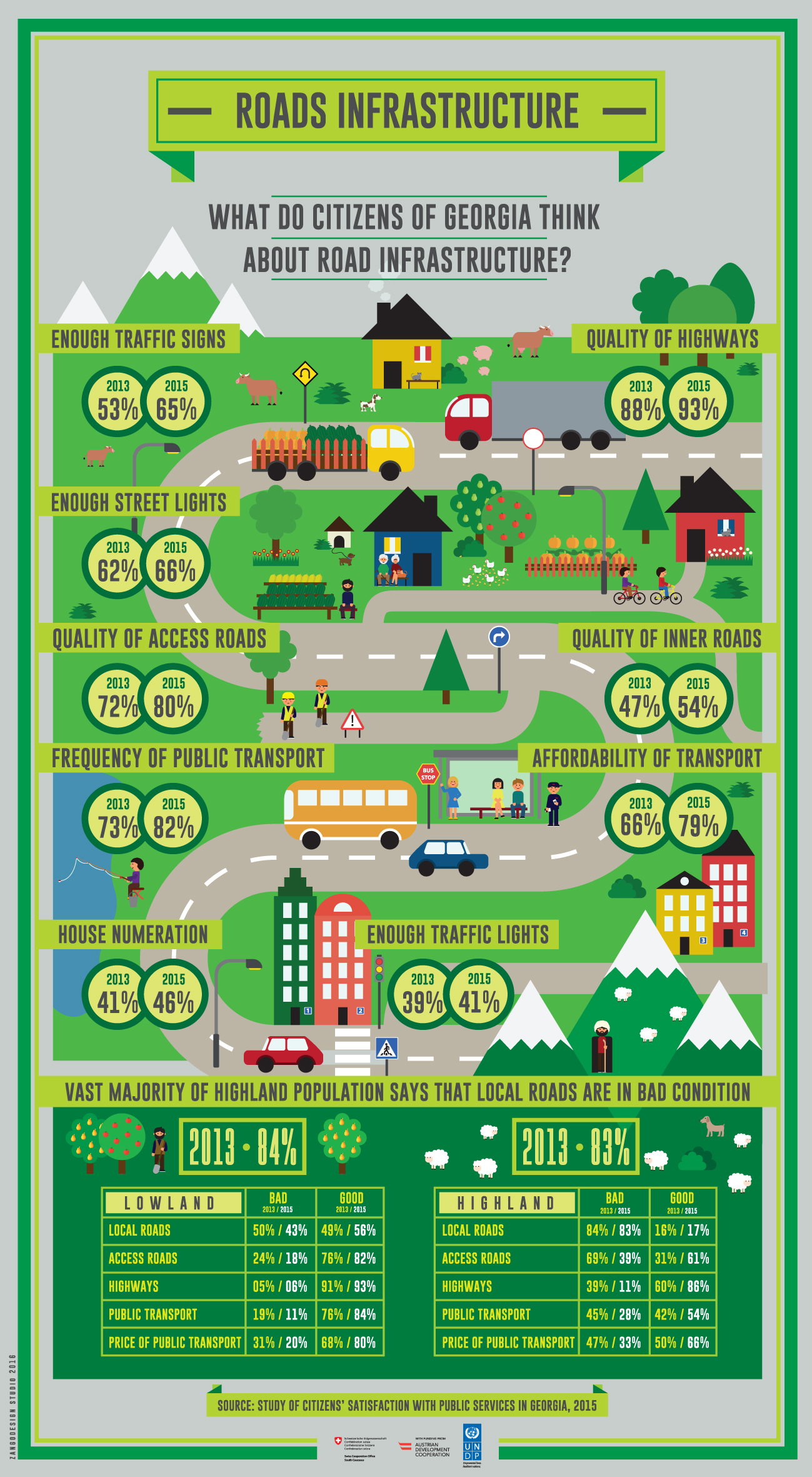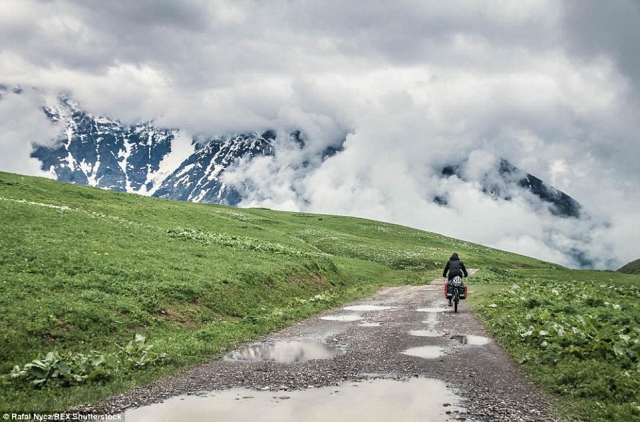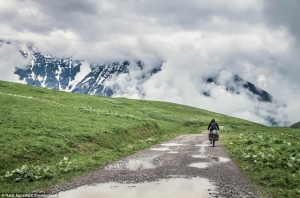Georgian Citizens Slam Road Quality in Highland Areas
TBILISI - Georgian research company ACT carried out a recent survey where it found that a majority of Georgia’s heavily criticize the poor quality of roads and infrastructure in the country’s high-altitude mountainous regions.
The finding were released Wednesday by the United Nations Development Programme (UNDP), Swiss Cooperation Office (SCO) for the South Caucasus and Austrian Development Cooperation (ADC) and carried out by the Georgian research company ACT in late 2015.
According the survey the vast majority of Georgia’s highland population (up to 83 per cent) said local roads are in an unusable condition. Respondents pointed to the lack of traffic lights, street illumination and numbering on houses and dwellings as major contributors to the overall situation.
Rural residents say roads go unrepaired for years or are repaved by unskilled laborers and with such low quality material that problems reappear almost immediately.
“The roads are damaged. You can drive fine on the road during the day, and find it completely destroyed by evening. They take too much time to fix them. Why are they digging, if they can’t fix it?” a resident of Georgia’s western city Zugdidi said without disclosing their identity.
“If you call a taxi, it might not show up. That’s how bad the roads are here. They avoid coming to us,” an unnamed Gori resident told researchers.

Infographic: UNDP
The report’s findings, however, showed that since 2013 access roads to mountainous settlements, as well as connections to the nearest highways, have improved significantly in remote areas.
The frequency of public transport and its affordability was also given a passing mark by more highland inhabitants, who added that the situation had marginally improved since 2013.
According to the results of the survey, the condition of local roads is the worst in Georgia’s Samtskhe-Javakheti region, which is mostly inhabited by ethnic minorities, including Armenians and Azeris.
87 per cent of respondents from that region said the condition was “bad” in 2013, while 71 per cent of local respondents said the situation was poor or remained unchanged in 2015.
The situation in terms of traffic signs, house numbers, traffic lights and street illumination was the best in Tbilisi.
To carry our the survey, researchers interviewed 3,800 citizens over the age of 18 from across Georgia in November 2015.
The research is part of a wider program supported by the UNDP, Swiss Cooperation Office (SCO) for the South Caucasus and Austrian Development Cooperation (ADC) to assist self-governance reform in Georgia.
By Tamar Svanidze
Edited by Nicholas Waller
Photo: Rafal Nycz/REX Shutterstock












